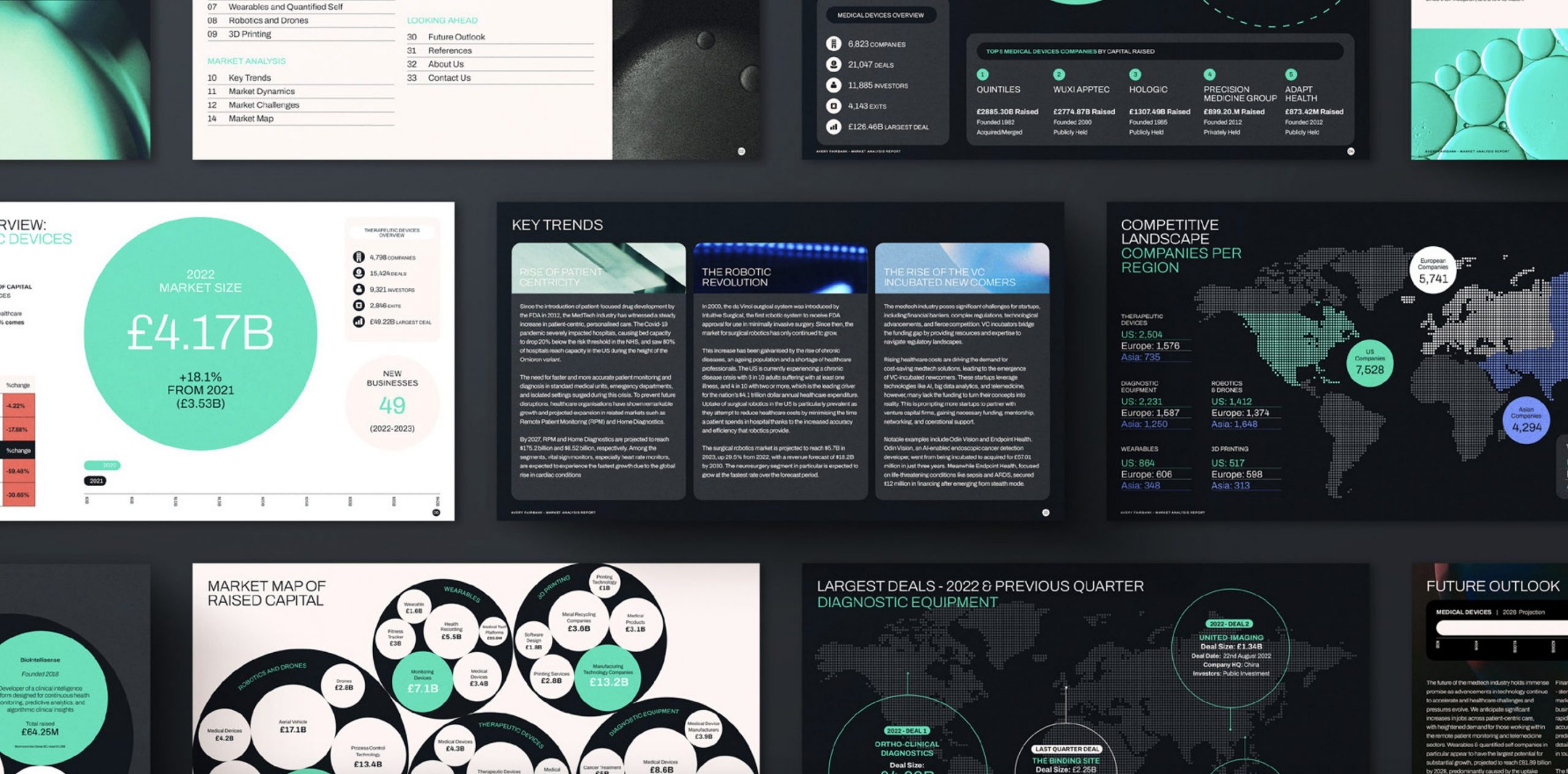February 14, 2024
A Chief Information Security Officer (CISO) is a high-ranking executive tasked with managing an organisation’s information, cybersecurity, and technological safeguards. The duties of a CISO encompass formulating, executing, and upholding security protocols to safeguard essential data.
What are the roles of a CISO?
The specific duties of a CISO can differ from one organisation to another. Generally, the role centres on crafting and steering the information security strategy. This includes safeguarding the organisation’s data, applications, networks, and technological infrastructure, all while supporting and promoting the objectives of the business.
Additional responsibilities might encompass:
- Designing and deploying security measures and systems to thwart, identify, mitigate, and recover from cyber threats.
- Collaborating with business leaders to educate on and manage technology-related risks.
- Establishing and promoting a comprehensive cybersecurity strategy and framework, aimed at protecting the organisation’s digital and technological resources.
- Regularly assessing and overseeing the organisation’s cyber and technology risk environment.
- Overseeing the cyber governance, risk, and compliance (GRC) initiatives.
- Providing reports on security to the organisation’s top executives (such as the CEO and board of directors).
- Planning, justifying, and assessing the budget and resources allocated for cybersecurity.
- Creating and executing continuous security training and awareness programs for all staff.
- Guiding the cybersecurity operations, disaster recovery, and business continuity planning, ensuring the organisation’s resilience.
What distinguishes a CIO from a CISO?
The Chief Information Officer (CIO) holds the top position for information technology within a business. They are responsible for setting the strategic direction of IT and managing significant projects, such as digital transformation initiatives, to ensure the business remains flexible and robust.
Conversely, the Chief Information Security Officer (CISO) is tasked with ensuring the security and compliance of the IT solutions deployed by the CIO. While traditionally many CISOs have reported to the CIO, this reporting structure is increasingly viewed as a potential conflict of interest. Consequently, a growing number of leading companies are positioning the CISO on an equal footing with the CIO, with the CISO potentially reporting to other senior roles like the Chief Technology Officer (CTO), Chief Security Officer (CSO), Chief Risk Officer (CRO), or even directly to the Chief Operating Officer (COO) or Chief Executive Officer (CEO).
No matter their reporting line, it’s crucial for the CIO and CISO to work closely together to enhance the organisation’s security measures continually.
The Evolution and Increasing Significance of the CISO Role
The CISO’s role is rapidly evolving to be more influential and encompassing. CISOs are increasingly engaging with other top executives, such as the CEO and Chief Financial Officer (CFO), and frequently interacting with the board of directors.
CISOs are leading strategic discussions on security, aiding business leaders in comprehending the trends and risks affecting the company. Their insights are crucial across various aspects of technology risk management, including securing a remote workforce, overseeing cybersecurity governance, risk management, compliance (GRC) efforts, and directing security operations proactively.
Organisations rely on CISOs for their deep understanding of the security implications of digital transformation, cloud migration, supply chain security, and the transition to remote and hybrid working models. They are also responsible for communicating security and compliance statuses to stakeholders and regulatory bodies.

The Necessity of a CISO in Modern Business
Should Every Company Employ a CISO?
Every organisation, regardless of size, needs someone in charge of safeguarding its technology, information, and data security, even if they don’t carry the CISO title.
Larger and medium-sized companies typically include a CISO within their executive ranks. In contrast, smaller firms might not designate a CISO but usually have someone in charge of cybersecurity, such as a cybersecurity director.
Outsourcing the CISO role can be a practical solution for small or startup companies, allowing them to secure their intellectual property, data, and IT systems effectively.
The Advantages of Having a CISO
A CISO offers an invaluable comprehensive insight into security’s role in supporting and protecting the business’s IT infrastructure, devices, and networks.
By leveraging a unique perspective on security, a CISO identifies risks and formulates strategies to mitigate them. They also have the ability to simplify complex security issues for non-technical stakeholders, highlighting the implications of security decisions.
The Daily Life of a CISO
The role of a CISO is inherently complex and fluid, with priorities shifting in response to emerging threats or security incidents. Their day involves ongoing engagement with their team to mentor and align projects with the organisation’s security goals, collaborating with colleagues to ensure that security measures support the business objectives, and discussing strategic security integration with upper management.
Essential Skills for a CISO
The journey to becoming a CISO involves a blend of technical cybersecurity knowledge and effective leadership skills. Embracing the holistic approach of people, process, and technology is crucial.
A deep interest in IT and continual learning, combined with leadership capabilities, are fundamental for a successful CISO. Knowledge of key security frameworks from NIST and ISO is common, and many hold certifications such as CISSP or CISM. However, these certifications are part of a broader set of qualifications needed by cybersecurity professionals.
With the role’s increasing prominence, CISOs must possess exceptional management, communication, leadership, and negotiation skills. Understanding the business context of technology and security is also critical, aiding CISOs in aligning their initiatives with the company’s strategic goals.
Moreover, with the shift towards digital transformation and the adoption of remote and hybrid work models, knowledge of cloud and application security becomes crucial. Awareness of potential security risks from emerging technologies, such as automation and machine learning, is also important.

Published on 14-02-2024


